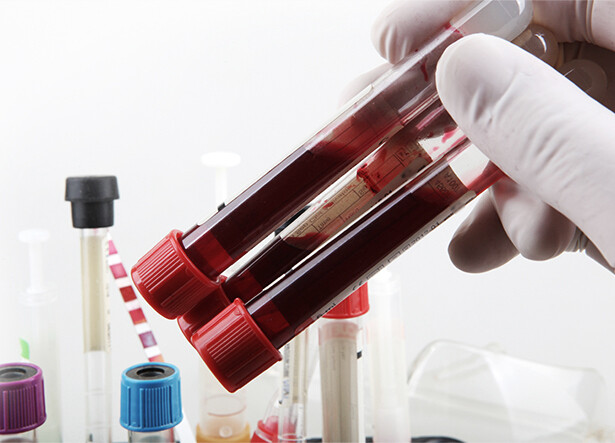
Seoul, South Korea - The medical community is increasingly recognizing the utility of blood viscosity testing in preventing and treating cardiovascular diseases such as myocardial infarction and hyperviscosity syndrome, as well as in general health check-ups. This development was a key topic at the '2025 Blood Viscosity Testing Academic Symposium' held at the Conrad Hotel in Seoul on March 21.
Professor Lee Byung-kwon from the Department of Cardiology at Gangnam Severance Hospital shared his clinical experiences related to blood viscosity at the symposium. Blood viscosity, an indicator of blood's thickness, is crucial as higher viscosity is associated with an increased risk of cardiovascular and cerebrovascular diseases.
Blood viscosity testing aids in diagnosing, treating, and monitoring patients with cardiovascular, cerebrovascular, peripheral vascular diseases, and hyperviscosity syndrome. Notably, blood viscosity is a significant physiological indicator affecting blood flow. Elevated viscosity has been consistently linked to a higher risk of cardiovascular diseases like myocardial infarction and stroke.
"Lower blood flow speed increases viscosity, which in turn elevates the risk of atherosclerosis," explained Professor Lee. "Additionally, high blood viscosity increases resistance, leading to higher blood pressure and thus, a greater risk of hypertension."
He also highlighted research indicating a higher risk of cardiovascular diseases in postmenopausal women and those who underwent hysterectomies before menopause.
Advanced Technology Enhances Testing Accuracy
The need for precise blood viscosity measurement is being emphasized across the medical field, with growing interest in automated precision testing equipment. UBioSys's recently launched automated blood viscosity testing device, 'Hemovister A2.0', is noted for significantly improving testing speed and accuracy over traditional semi-automated devices.
A key feature of the Hemovister A2.0 is its ability to simultaneously measure systolic and diastolic viscosity, providing a more detailed analysis of blood circulation. Hospitals like International St. Mary's Hospital and Uijeongbu St. Mary's Hospital are already utilizing this technology.
Professor Hwang Hee-jin from the Department of Family Medicine at International St. Mary's Hospital highlighted the device's utility in health check-up centers. "We have been using blood viscosity testing for about seven to eight years. It allows us to predict various conditions like cardiovascular and cerebrovascular diseases early and provide preventive care," she said.
Professor Hwang also noted the test's simplicity and effectiveness in complementing existing blood and ultrasound tests by assessing actual blood flow. However, she suggested that developing treatments specifically aimed at improving blood viscosity would further enhance patient care.
[Copyright (c) Global Economic Times. All Rights Reserved.]






























